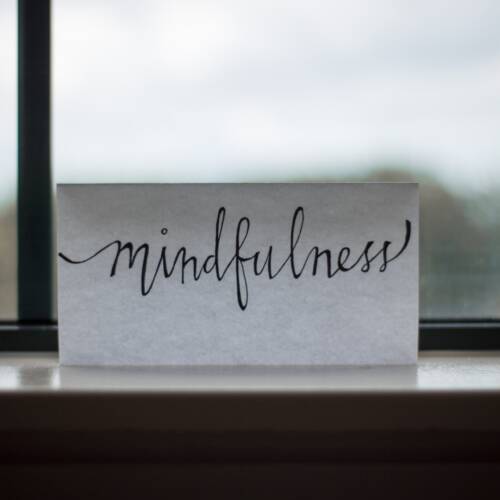
‘Daring Greatly’ And The Art of Vulnerability | Book Review
29 Feb 2020Brené Brown’s brilliant novel ‘Daring Greatly: How the Courage to be Vulnerable Transforms the Way We Live, Love, Parent and Lead‘ is the perfect entrée to a fulfilling and wholehearted life.
Providing insight into twelve years of research, Brown gives a compact but powerful understanding of vulnerability as the heart of connection. While reaching for the hidden and hurt within her readers, Brown’s comprehensive guide opens up a pathway to reflection, reconciliation and restoration; providing comfort in the form of laughter, and commonality in the form of tears.
Daring Greatly covers all kinds of relationships, from the familial, to that within the work environment, as well as, relationships of the self. These relationships are committed to exploring issues of worthiness and its’ relation to scarcity and intimacy, to trust and its’ relation to vulnerability, to exploring our flight or fight strategy, as well as vulnerability myths ingrained within us.
Daring Greatly is summed up by Brown’s introduction in which she quotes Theodore Roosevelt’s speech “Citizenship in a Republic” (1910). The passage notes:
“It is not the critic who counts; not the man who points out how the strong man stumbles, or where the doer of deeds could have done them better. The credit belongs to the man who is actually in the arena, whose face is marred by dust and sweat and blood; who strives valiantly; who errs, who comes short again and again, … who at the best knows in the end the triumph of high achievement, and who at the worst, if he fails, at least fails while daring greatly. . . .”
What that is to say, then, is that vulnerability within our everyday actions provides not only authenticity but also, allows room for growth in ways that invite transformation within the ways we live, love, parent and lead. Upon receiving the opportunity to present a Ted talk – which Brown accepted not out of self-confidence but rather faith within her research – her reaction, in hindsight, makes complete sense despite the premise of her reach. Brown relays back these moments as nauseating anxiety and refers to it as the worst vulnerability hangover of her life. Despite this, Brown sees it as the year of “walking the talk—literally.” In spite of how terrifying it can appear, it in fact links to what Brown speaks of further on in the book – the betrayal of disengagement. Yet, while Brown discusses our betrayal of disengagement and that of not caring in relation to others’, it relays back to our disengagement and lack of care towards ourselves. Certainly, that is the biggest disservice within our growth.
While Daring Greatly certainly asks you to seek within yourself all that has been shunned and disregarded, it provides a metaphorical hand-holding experience – one that enables you to recognise your strengths along with your weaknesses, while asking you to reevaluate the narratives that provide a huge disservice to not only ourselves but hinders our growth, as individuals and communities as a whole.
Brené Brown ends the novel the way in which she started the novel – with Mr. Roosevelt, concluding that there is “no effort without error and shortcoming and there is no triumph without vulnerability.” The essence of the novel is just that: to contribute to life – be it that of another individual, or your own – requires sheer vulnerability and courage, as much as it requires intimacy and engagement.
All in all, this novel is one that asks you to look within yourself. It is one that you’ll find resistance towards and even perhaps, refuse to engage with, but my god, to engage with it, is beyond worth it. I leave you with Brené Brown’s words:
“The greatest casualties of a scarcity culture are our willingness to own our vulnerabilities and our ability to engage with the world from a place of worthiness.”














